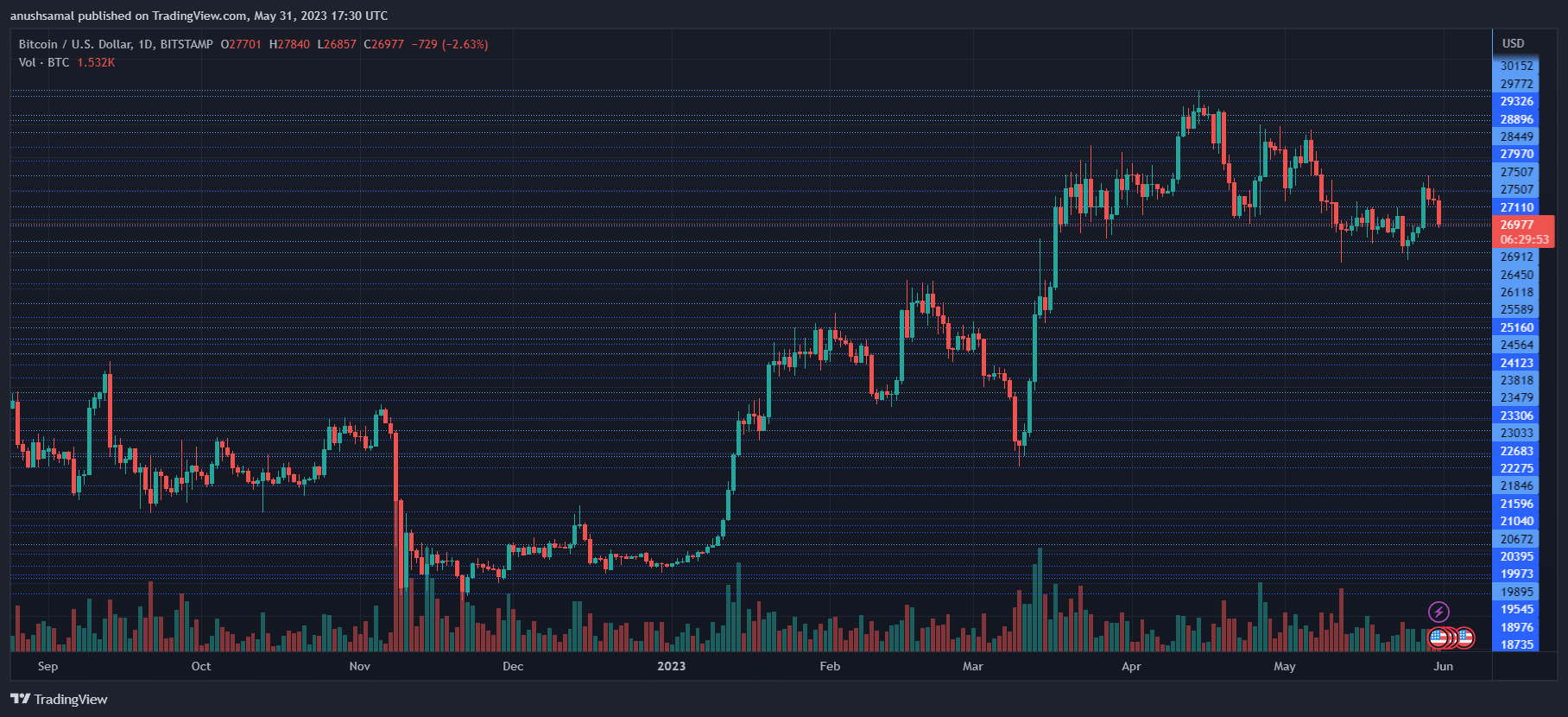The Crypto Twitter community united in support of an individual who claimed to be a cancer patient and sought to sell non-fungible tokens (NFTs) to battle the disease.
The crypto community acted swiftly as the tweet gained considerable traction, and numerous crypto influencers joined in, urging people to purchase the NFTs and show their support for the artist.
However, the situation took a turn when Twitter users, including web3 artist Arcanic, promptly uncovered that the account was merely reselling artwork created by other artists like Snooow.
On May 30, a crypto influencer named Andrew Wang took to Twitter to reveal the truth behind Pixel Penguins, the NFT project the alleged cancer patient created.
On Twitter, Wang shared a thorough thread revealing the potential scam. The thread details how Hopeexist1, a self-proclaimed pixel artist, claimed to be fighting eye cancer while creating digital art for others. However, it was later discovered that the artwork used in the project was stolen.
In addition, Arcanic shed light on the fact that the same account had previously employed similar deceptive tactics, such as falsely claiming that their spouse was battling cancer and that they were struggling with financial difficulties.
Crypto Scammer Successfully Transferred 63.5 ETH Proceeds From The Scam
The NFT project had accumulated approximately 61.68 ether, equivalent to $117,000. Crypto investigator ZachXBT reported that the funds were transferred to different wallets, with speculation that they might have been directed to the crypto exchange OKX.
BenJammin, a crypto community member who initially shared the NFT project, expressed his thoughts on the situation. He remarked:
We as a community came together to support someone with a heart-wrenching story. For half a day it felt good and genuine again.
Another user said:
I’m tired of this shit, I joined this Web3 space because of the quest for knowledge, community and vibes. Now it’s a cesspool of scammers.
Arcanic also expressed their perspective, describing the incident as a “gut punch” to those “striving to impact a space filled with drama and opportunistic individuals positively.”
However, Arcanic emphasized that the crypto Twitter community maintains and will remain empathetic and compassionate, suggesting that people have not diminished their capacity to understand such situations.
The scammer has since deactivated her Twitter account, and as a result, the Pixel Penguins collection floor price plummeted by 86% to 0.004 ETH from its peak of 0.075 ETH on OpenSea. Data from the NFT marketplace indicates that Pixel Penguins recorded 6,582 sales, with a volume of 216 ETH.
In addition, Andrew Wang has expressed regret for promoting the collection, issuing an apology, and stating that he genuinely believed it was a legitimate project.










